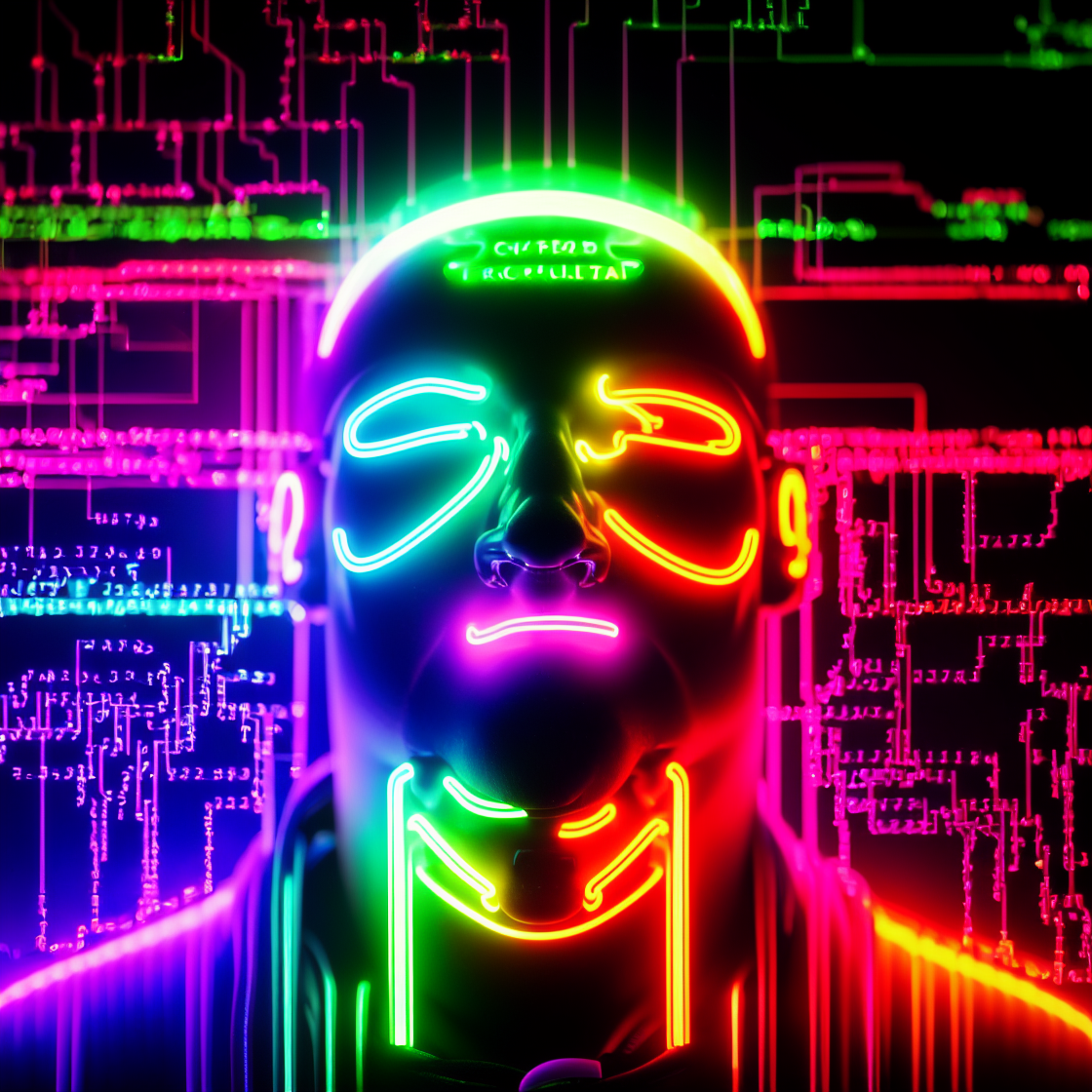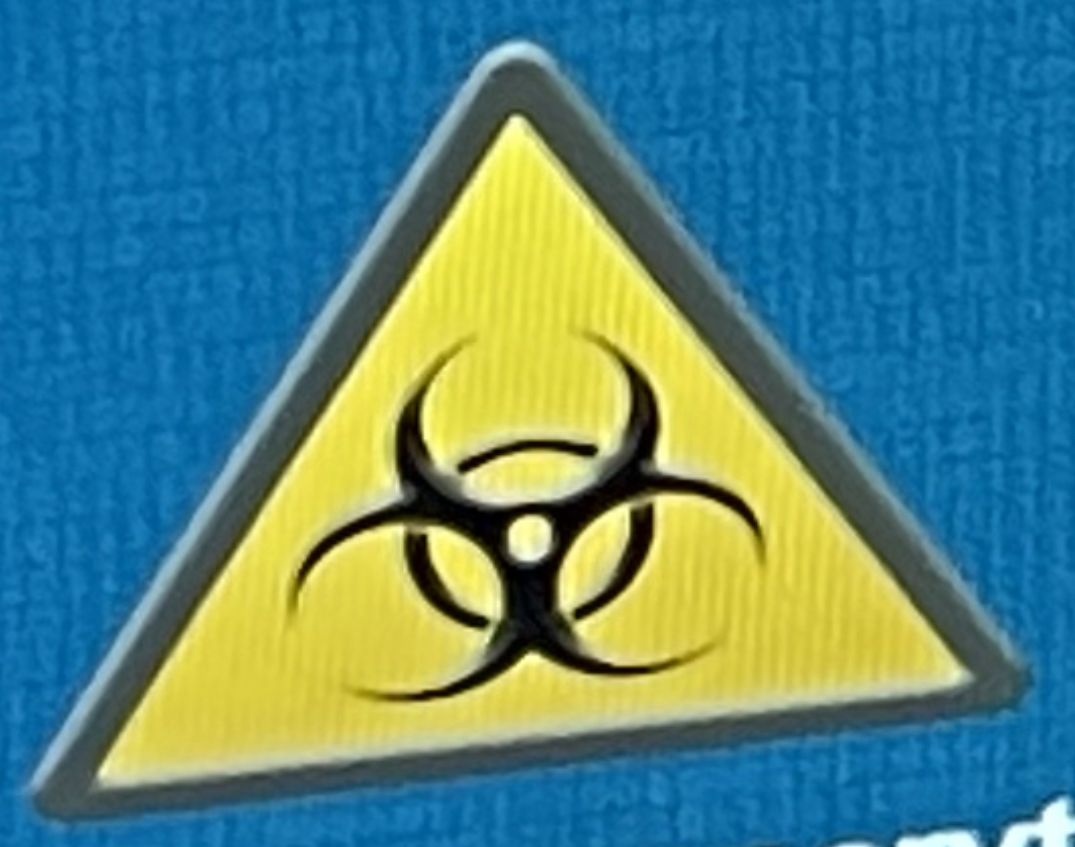Windows is slowly transitioning from a paid and solid OS to freemuim spyware bloated dumb OS.
Slowly? This crap has been going on for years.
deleted by creator
Windows 8(.1) was still utter trash, I actually "down"graded to windows 7 at the time and it was a bliss.
(it wasn’t the non-stop-ads kind of trash, but the UI suited a tablet more than a desk/laptop)
deleted by creator
If only every Windows install came with an internet exploder! We wouldn’t have to read Elon Musk X fluff pieces on the news ever single day. And privacy concerns… What privacy concerns?
Yeah slowly, it started years ago but it’s been getting worse every version, slowly
The freemium model was launched and completed with Win10.
Would that not be slowly? What would you call slowly in this context?
Decades.
I don’t recall such issues with Win98 or XP
Dude, that was 22 years ago… I also remember Prince of Persia as if it were yesterday
deleted by creator
I miss Windows Vista.
The arrow pointing downwards is about to be absolutely destroyed today. Edit: it turns out that it didn’t.
I used to dual boot linux with windows Vista on an old laptop. I had only installed there the first assassin’s creed and Rome total war. Nothing else, never really connected to internet. After 1 year of not using it a part than few total war sessions, vista was so slow that was unusable. It spontaneously became slow for no reason. I completely removed it, left only linux, and that laptop survived 7 years of intensive use, and was still working 10 years later (just too old).
Vista was a scam
Good for you, I’m never gonna get convinced.
Vistas problem was that it was ahead of its time
I both agree and disagree with that statement.
Windows finally got animations and transparency when Mac OS has beaten it by 6 years. Truly an oomph moment.
Windows finally got animations and transparency when Mac OS has beaten it by 6 years. Truly an oomph moment.
The actual technological advancement of Vista was userspace graphics drivers.
Yeah, XP did that with most of the drivers other than graphics, which lead to a reduction in BSOD crashes (because if a user thread crashes, the OS just kills it and continues on, but an unhandled kernel error will crash the entire OS to a generic “turn the screen blue, report and error, and log it, if possible”).
Vista further improved this by moving most of the graphics driver code out of kernel land.
Also correct.
I sort of agree with you, but not in the way I think you meant it.
Vista’s problem was that it’s hardware requirements were too high for it’s time. Operating systems have very long project development lifecycle and at a point early on they did a forward looking estimate of where the PC market would be by the time Vista released, and they overshot. When it was almost ready to release it to the world Microsoft put out the initial minimum and recommended specs and PC sellers (Dell, HP, Gateway) lobbied them to lower the numbers; the cost of a PC that met the recommended specs was just too high for the existing PC market and it would kill their sales numbers if they started selling PCs that met those figures. Microsoft complied and lowered the specs, but didn’t actually change the operating system in any meaningful way - they just changed a few numbers on a piece of paper and added some configurations that let you disable some of the more hardware intensive bits. The result was that most Vista users were running it on hardware that wasn’t actually able to run it properly, which lead to horrible user experiences. Anyone that bought a high end PC or built one themselves and ran Vista on that, however, seemed quite happy with the operating system.
I had no problems with Vista. I also built a new PC for it though.
Very similar story here: I bought a new computer that shipped with Vista.
I got horrendously tired of that Pentium 4 thing.
Blasphemy! Windows XP is the only King!
I don’t really like XP’s design anymore. I didn’t like it back then either.
Windows 2000 🫶
Because at this time the internet was still slow, not always on and optional on most computers, and Microsoft did not know if and how they should integrate the internet into the OS. The only thing they had at the time was some link to MSN on the desktop, and activeX (???) Where you could display websites on your desktop or within your program, but without the Browser controlls.
Sir, do you have a minute to talk about Linux? 👉👈
Removed by mod
Wat
Do we have to report him… ?
“YOU KNOW WHY I CLICK LATER? BECAUSE THERE’S NO OPTION TO CLICK NEVER! I’D LIKE TO CLICK NEVER! I NEVER WANT TO DOWNLOAD THESE STUPID BULLSHIT FUCKING UPDATES EVER AGAIN!”
I have a feeling people here like Linux…
on lemmy are you shure ?
I use a Mac!
We don’t have a choice.
Please do not let Linux find out I said this, I have kids.
New convert here, it’s mostly dope. Edit: here as in on linux
proton is pretty much there, thinking to jump ship to linux - already use it in all my work for decades
2024 the year of Linux. As long as we can avoid the toxic “don’t use Mint, use Arch instead users”.
Also the memey “xxxx the year of Linux”. Because that’s been going on for 40+ years now. 😅 You use it, or you don’t. Your OS is a tool, not a belief system.
This person gets it
I’d just like to interject for a moment. What you’re referring to as Linux, is in fact, GNU/Linux, or as I’ve recently taken to calling it, GNU plus Linux. Linux is not an operating system unto itself, but rather another free component of a fully functioning GNU system made useful by the GNU corelibs, shell utilities and vital system components comprising a full OS as defined by POSIX.
Many computer users run a modified version of the GNU system every day, without realizing it. Through a peculiar turn of events, the version of GNU which is widely used today is often called “Linux”, and many of its users are not aware that it is basically the GNU system, developed by the GNU Project.
There really is a Linux, and these people are using it, but it is just a part of the system they use. Linux is the kernel: the program in the system that allocates the machine’s resources to the other programs that you run. The kernel is an essential part of an operating system, but useless by itself; it can only function in the context of a complete operating system. Linux is normally used in combination with the GNU operating system: the whole system is basically GNU with Linux added, or GNU/Linux. All the so-called “Linux” distributions are really distributions of GNU/Linux.
Was that really necessary?
It’s a copypasta.
True it’s a tool. Just like a car. We get attached to one way of working with that tool, but then advancements come and a different tool starts to look interesting. Think gas->electric windows/mac->Linux.
Year of Linux on the consumer PC. Linux has been dominating the server space for… 40+ years now.
That’s interesting, I remember reading a post to comp.os.minix about 32 years ago about a Finnish student who made his own OS. It was just a kernel that barely worked. Wish I’d known it was already dominant in the server space for over 8 years, could have gotten a head start!
I hope that student’s project turned out ok, even if it’s not big and professional like GNU. Did he ever add support for non-AT hard disks?
I’m not quibbling with nerds over the timeline, I was just echoing the original poster’s words.
So Linux has been dominating the server space since before it existed? Cool!
According to the last magazine I checked about this, 1997 is actually going to be the year of Linux on the desktop.
And this housing bubble is totally going to burst any day now, too.
Every year is “The Year of Linux.”
But you should be using Arch instead ot Mint.
(I use Arch BTW)
It’s the only reasonable solution.
(I too use Arch btw)
Honestly, I’ve been thinking about switching to Linux with my next system since about a month after I built my current system, over 4 years ago. That’s how long it took for me to be sick of Microsoft’s bullshit in Windows 10.
That said, I’m not looking forward to figuring out how to get into Linux. It’s probably easier than I think, but having done 0 research (as I don’t need a new system yet), the impression I have is that there’s a ton of stuff I’m going to have to figure out before getting started.
Try a live CD. It’s easy to get started without hearing a bunch of stuff.
Start with a live CD version (a USB thumb drive acts as your C: ) or a virtual machine (like VirtualBox and install Linux on it) just to try things out. Then do a full switch when ready.
I mean, if you like knowing what your machine is doing, Arch is one of the best options.
Gentoo is for when you want to know what your compiler is doing.
deleted by creator
Yes support from a major company would set a Linux flavor as a general public friendly option. Right now the fracture between all the Linux versions is a deterrent for beginners.
psst… I hear you’re looking to ditch Microsoft. You might like what you see over at c/linux
This grinds my gears. Apple does the same: my work MBP nags me daily to enable iCloud backups but I have no way of doing it because Apple login is disabled by my administrator. Consequently, I cannot reach the settings page to tell Mac to fuck off.
You can’t ask IT to disable it for you?
I should, you’re right.
Is there a newbie way to install it? It looks pretty convoluted…
The best way to install is to use a LIVE edition. This is useful beacuse you have a nice installer intergrated and you can try it before you have to install the OS on the computer.
For download of this edition, see www.debian.org/CD/live
From there, if you come from Windows, I would raccomend KDE, as it is stable and customizable. Search “KDE screenshot” to see what it looks like, and if you like it.
If you want this, here the direct URL to download: https://cdimage.debian.org/debian-cd/current-live/amd64/iso-hybrid/debian-live-12.2.0-amd64-kde.iso
Debian should also be lite enough for older machines, and it is the most stable distro I’ve tried. With this OS, there are already web browser, media player, office suite,… but you can also download Steam, emulators and lots of software
For help you can DM me.
Thanks! I’ve installed, Ubuntu, KDE, a real old Red Hat, and most recently Linux Mint. Usually dual boot with Windows with either separate SSDs or on the same SSD. Thankfully they have come along ways and you don’t need to rebuild the GRUB every time windows did a update.
I’ve seen Debian is the king of Linux Distros but whenever I’ve looked into a install it seems like a beast. I’ll check out these links!
It’s easier than installing Windows. The problem is that someone hasn’t already done it for you.
Yes. Did you know that you cannot partition disks in a GUI while installing Windows? You can only select partition to install to or format the entire disk, all advanced actions must be done with
diskpartcommands in Command Prompt (Shift+F10).Also OOBE is shit, luckily you can do it offline thanks to
C:\Windows\System32\OOBE\bypassnro.bat. And the additional setup like debloating is also time-consuming.
Check out ubuntu if you want something thats easy to install. It’s very popular, it’s based on Debian and it has corporate backing but no spyware
- get your perferred iso
- do a checksum if available (basecally check the signature of the original file with yours, the checksum often is available on the website)
- get beleana etcher or i think rufus can also do linux isos but i’n not shure
- get an usb stick with min 4gb
- flash iso onto usb stick
- stick usb stick into perferred pc
- boot onot that usb stick (for my motherboard it’s F10 but that can be different for you)
- boot into the live iso and the installer should pop up
- read the instructions of the installer carefully
- you are done enjoy your new os
although i would recommend playing around with different distros in a vm to see waht you like and if all your needed software is available
deleted by creator
I see this is your first day with a Windows computer. Welcome.
Highly rexommed Mint Cinammon or Pop!_os
Honestly I’d say OpenSUSE tumbleweed. Good distro, very up to date/bleeding edge, has YAST which can help newbies who are not familiar with terminal, has btrfs snapshots which saved my arse a couple of times. I don’t wanna trigger Arch users, but I find it way more stable than Arch. It gives me almost 0 headaches. Sometimes when I get home I want my PC to just work and I don’t want to spend my time troubleshooting it. It’s not as customizable as Arch though. If you still find it a bit much for a starter distro, you won’t go wrong with Pop_OS, it’s a good distro imo, but atm it’s too old. No clue when they’re gonna release their next update with CosmicDE, but when they release it, it’s probably gonna be in a beta state for a while.
I suggest Kubuntu, great ui, solid base, niche problems can be googled away
I suggest Manjaro. Arch made easy.
Use EndeavourOS if you want easy Arch, Manjaro is kinda bad.
But really if you want an easy system, go with Mint or Fedora. Arch isn’t designed for ease nor first-timers.
I have enjoyed manjaro. My sons first laptop ran manjaro with WINE for his gaming. It never gave him too many problems
I’ve always been a power user but never minded Windows until W11. Luckily WSL was a great gateway drug for me and I ended up switching to Linux full-time after living inside WSL for a few weeks.
If I had known it was possible to make a local account instead of having to use my outlook for my desktop, I totally would have gone that route a couple years ago. Only plus side I can think of for not doing it is that I have immediate access to my outlook.
Outlook would store your credentials anyway.
Only if you use it.
I doubt I would have even logged into my outlook if I didn’t set up my Microsoft account, so it helped me there at least.
Lol… Fair enough. I don’t use that shit on my personal machines but sometimes will for work.
For me it’s just an old account I use because out of all my emails, it’s the most professional one. I wouldn’t dare try to use my other ones for anything serious.
I have a Win7 on my PC which I only use for gaming but Steam is telling me it’ll stop working on Win7 in about 80 days or so. I installed Win7 on it for a reason but soon it’ll be my first ever computer running Linux.
I’m just curious… You are ok with not installing any security updates for months (or even years)?
I guess so. I don’t really think about that. As long as stuff works on my end I don’t worry about updating it. I’d be happy if I could just install the security updates because updating the OS generally just breaks stuff and slows things down.
There’s a tool for making bootable windows USB drives called Rufus that gives you options to remove things like requiring a Windows account, TPM requirement for Windows 11, secure boot, etc when you’re cloning the iso to the USB drive.
Oh wow! I’ve used Rufus a handful of times to make bootable windows USB drives and I never knew this
Still bugging people about to connect an account
Windows 10 pushed me into finally jumping into Linux a few years ago. I’ve been happy ever since it feels good to change what you don’t like about a system.























